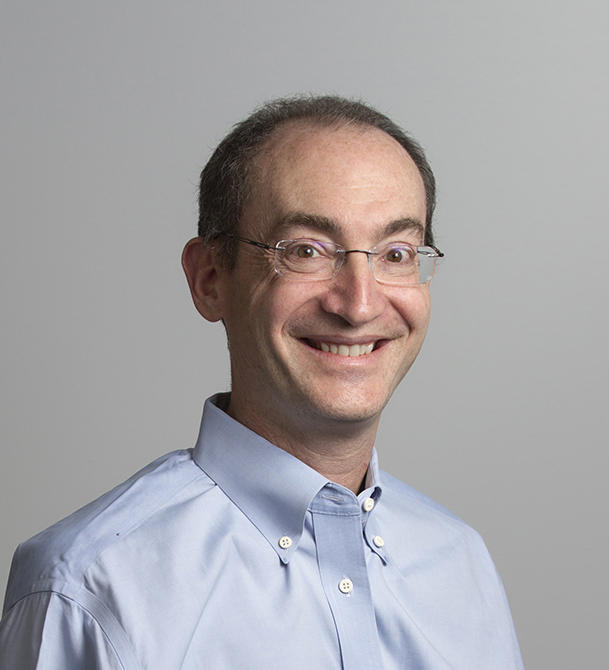
Eric A. Engels, M.D., M.P.H.
NCI Shady Grove | Room 6E102
Biography
Dr. Engels earned a B.A. in mathematics from the University of Virginia in 1987 and an M.D. from Harvard Medical School in 1991. From 1991 to 1994, he trained in internal medicine at Brigham and Women's Hospital. Subsequently, Dr. Engels received clinical training in infectious diseases and an M.P.H. at Tufts University School of Medicine. He joined the NCI Viral Epidemiology Branch (later the Infections and Immunoepidemiology Branch (IIB)) in 1998 as a senior staff fellow, became an investigator in 2000, and was tenured in 2007. He was appointed Director of IIB in 2017. Dr. Engels holds an adjunct faculty appointment in the Department of Epidemiology at the Johns Hopkins School of Public Health. In 2022, he was elected as a Fellow of the American Association for the Advancement of Science.
Research Interests
Immunosuppression and Infection in Cancer
A major focus of investigation concerns the epidemiology of cancer in immunosuppressed individuals. My research on HIV-related cancers utilizes data from our HIV/AIDS Cancer Match (HACM) Study. This study links HIV and cancer registry data from 14 U.S. regions to identify cancers arising in over 850,000 people registered with HIV infection. The HACM Study allows my colleagues and me to address important research questions and examine patterns of cancer incidence that have direct public health relevance. We have used this resource to characterize trends in cancer risk among people with HIV over the entire course of the HIV epidemic. Our studies have documented substantial declines over time in cancers caused by viral infections, such as Kaposi sarcoma and non-Hodgkin lymphoma, as HIV treatment has improved. In contrast, there has been an increase in the burden of cancers not associated with immunosuppression, especially as the number of people living with HIV increases and as the HIV population ages.
My coworkers and I also conduct research on cancer in solid organ transplant recipients, another immunosuppressed population. We have conducted a computerized match of the U.S. transplant registry with 34 cancer registries. This Transplant Cancer Match Study includes population-based cancer data on 511,000 (68% of the U.S. transplant population). Using these data, we have described the overall spectrum of cancer risk in transplant recipients, and we are doing further research projects focused on specific cancers and transplant-related risk factors.
I am also interested in cancers associated with other immune-related conditions, including autoimmune diseases, allergic conditions, and immunosenescence. The incidence of some cancers is elevated in relation to immune activation or inflammation, and some immune-modulating medications used to treat these conditions may also increase cancer risk. Finally, we are studying how immunosuppressive medical conditions such as HIV infection and solid organ transplantation affect patient outcomes after a cancer diagnosis.
Studies
Information for Journalists
To request an interview with a DCEG investigator, please complete this form: Request For Comment | HHS.gov.
